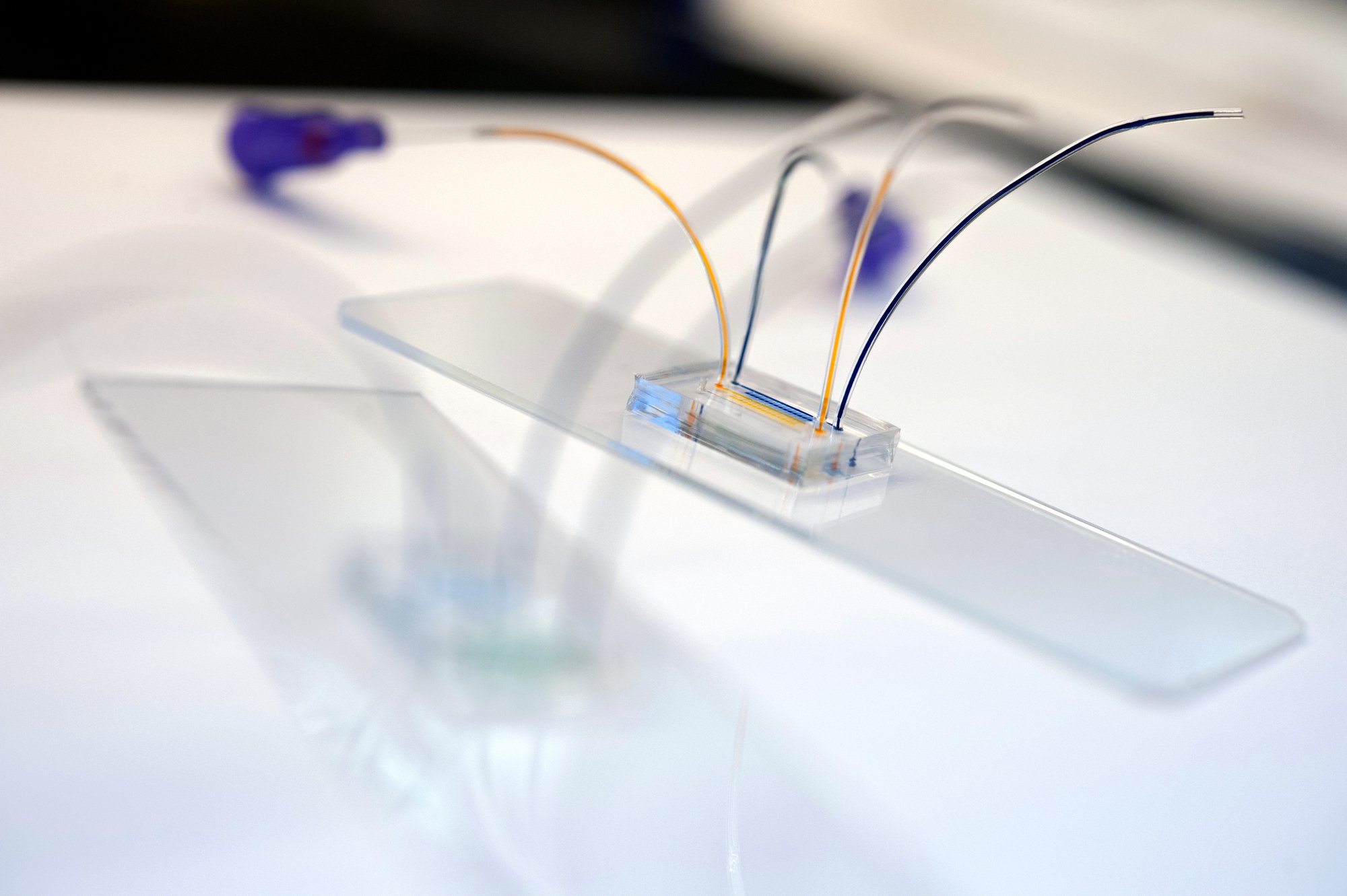
Impact of Technology
Social media platforms wield a complex influence on public health promotion, serving as both invaluable tools and potential obstacles. On one hand, they enable the rapid, global dissemination of accurate health information, enhancing awareness about diseases, preventive measures, and public health initiatives. Organizations like the WHO and CDC harness these channels to provide immediate updates, foster community engagement, and advocate for healthy behaviors.
Conversely, these platforms can also become conduits for spreading misinformation. Unverified reports, conspiracy theories, and pseudoscientific notions can reach millions almost instantaneously, often amplified by algorithms that favor sensational or highly engaging content. This surge of misinformation has tangible repercussions, including increased vaccine hesitancy, the adoption of unproven treatments, and a growing mistrust in scientific authorities.
Understanding these challenges, the Women's Health Intelligence Lab WHIP is focusing on leveraging technology to explore how social media affects women's health specifically. By analyzing data patterns and developing innovative strategies, WHIP aims to mitigate the impact of misinformation and enhance the effectiveness of health communications targeted at women. Public health experts advocate for such comprehensive approaches, emphasizing the need for algorithmic interventions, enhanced public health education, partnerships with social media companies, and empowering individuals to critically assess the information they encounter.
